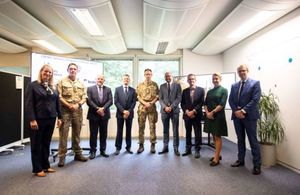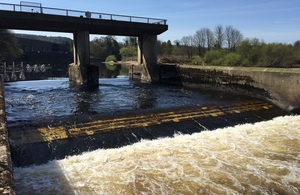Update to DBS customer contact centre services – 17 to 30 October
Planned industrial action by staff from contractors Hinduja Global Solutions (HGS) is set to affect Disclosure and Barring Service (DBS) customer contact centre services between 17 October 2022 and 30 October 2022.
Customers contacting DBS during the period of industrial action by telephone, email, or webchat may face some disruption and delays. This is due to industrial action by staff working for HGS. HGS is contracted to provide DBS customer contact centre services as well as a certain number of DBS administrative functions.
During the industrial action, HGS is putting additional resources in place to try and minimise the inconvenience to customers as much as possible.
The industrial action is not expected to have any significant impact on turnaround times for DBS checks or barring decisions. Our core services will not be affected, and employers and customers should continue to access them as normal.
During the industrial action from 17 October to 30 October 2022, the times of the customer contact centre will be reduced to:
- Monday – Friday – 9am to 5pm
- Saturday and Sunday – Closed
Customers can still contact DBS during the period of industrial action, but they may face some disruption and delays. The main options to contact DBS are by:
To ensure your query is dealt with as quickly as possible, please provide your full name, address including postcode, and telephone number. Please also include any DBS reference numbers if relevant.
If you are contacting us about an application, please provide 5 of the following: full name, address including postcode, date of birth, position applied for, name of employer, National Insurance Number, a previous address, place of birth and/or your ‘E’ or ‘F’ reference.
In addition to the above, Registered Bodies will also need to provide their ‘Registered Body reference number’ and ‘Countersignatory reference number’ to confirm their identity.
For answers to general queries that are not related to a specific application, customers can also contact DBS via social media:
Customers can access more help and advice by reading our customer factsheet:

